Related Articles
Related Articles
Time Management
Explore More
Customer Service Training
Dealing With Customers Online
Business Phone Etiquette
Handling Customer Complaints
Workplace Health And Safety
Learner Engagement
Prevent Customer Churn
Customer Satisfaction
Sales Training
Do you feel like you're drowning in tasks and responsibilities? Finding it tough to keep your head above water? No worries – Canity is here to help!
In this article, you’ll learn how to prioritize effectively so you can focus on what matters most. Plus, we’ll teach you how to manage your time better and avoid procrastination as you navigate through the pressures of everyday life.
Effective time management will not only improve the quality of work you’re able to perform, but it also enables you to meet deadlines due to improved efficiency. Play your cards right, and this may also lead to career progression and an overall improvement of your company.
Not to mention, creating a healthy work-life balance leaves more time for personal pursuits, whatever they may be, and reduced stress levels as a result of having no more incomplete tasks hanging over your head.
Make a list
First things first – make a to-do list, as to-do lists are an effective way of staying organised. It’s recommended to list your tasks in order of importance and check them off as you complete them. You can write lists on your phone or use list management software and programs, such as Trello and Asana.
Alternatively, the paper and pen method works just as effectively. It can also be quite therapeutic to see your tasks being checked off throughout the day, however, be careful not to overwhelm yourself by listing too many tasks.
Failure to complete tasks can lead to negative feelings and frustration. Therefore, it’s important to ensure your goals and allocated time frames are realistic. We also recommend checking you have the necessary tools and means to be able to complete your tasks.
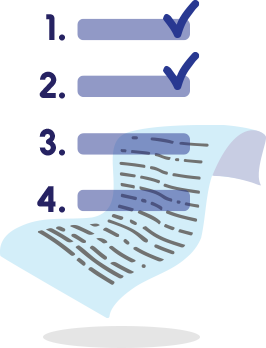
Prioritisation
If you try to do everything at once, you'll never finish anything. Instead, set up a system where you work through each task one by one. Start with the most urgent tasks first, then move on to less urgent ones. You can determine if tasks fit into urgent or non-urgent categories by considering deadlines, goals, and the impact upon completion.
It’s important to be flexible when tackling your workload. Deadlines may change, instructions may vary, and issues beyond your control may arise. Allow for these unexpected changes by leaving some free time in your planner, maintaining a positive attitude, and staying focused.
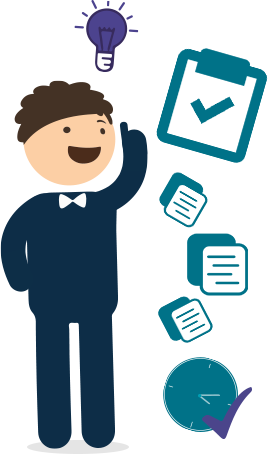
Eliminate distractions
While it can be easy to become distracted at work, especially when it comes to socialising with co-workers, in order to be as productive as possible, we recommend keeping the water-cooler chat to a minimum.
Another obvious distraction are our phones, which seem to be a permanent extension of our bodies in this digital age. If your work permits, we recommend keeping your phone in your locker or bag until you’re on break. Are you up for the challenge?
But it’s not all anti-fun! We also suggest you schedule regular breaks into your day. That’s right! Where possible, go outside or step away from your workspace. This helps refresh your mind and allows you to refocus on the tasks at hand. It also helps you complete long tasks, knowing you’ll soon be able to take a minute for yourself.
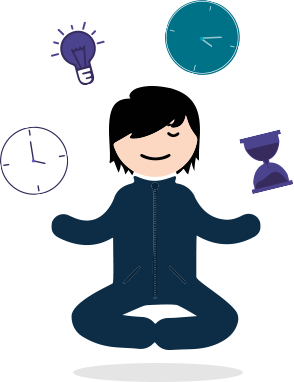
Procrastination
And finally, the condition we’re all guilty of – procrastination. From time to time, especially when we’re faced with an unpleasant or difficult task, we procrastinate. After all, we’re only human. However, choosing to avoid a task only means you’ll have to complete it later, causing more stress and putting more pressure on yourself.
This can also put your company at risk – you may potentially add to the pressure on your employees, and your partners may become frustrated with your lack of productivity.
The first step to overcoming procrastination is acknowledgement – try to address the reason for your procrastination and consider asking your peers for support. Secondly, we recommend taking note of the previous points in this article – make a to-do list, prioritise your tasks, and, where possible, eliminate distractions.
Additionally, you can try a variety of steps outside of your workplace. These include meditating, regular exercise, and an improvement in your diet. Together, these small changes can improve your overall wellbeing and enhance your mental focus.
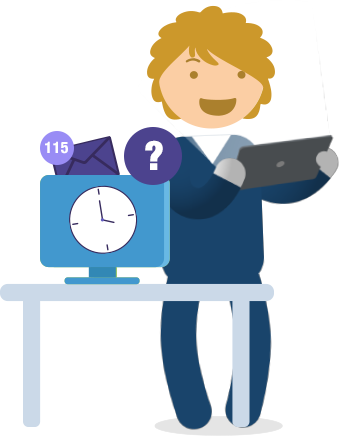
Time management, especially for busy individuals and in high-pressure environments, is vital.
Many of us struggle with this concept but it doesn’t need to be difficult. Simply follow the steps outlined in this article, and you’ll be one step closer to mastering efficient time keeping.
- First, make a list – remembering to keep it achievable and ordered by importance.
- Then prioritise your tasks – taking into consideration deadlines, goals, and the impact upon completion.
- Thirdly, eliminate distractions where possible – leave your phone in your locker and keep water-cooler chat to a minimum.
- Lastly, fight the urge to procrastinate – ask for help where needed, and take simple steps to improve your mental focus.
To learn more about time management, or to educate your employees on the importance of managing time in the workplace, visit canity.com.
Canity is an online training platform providing training on numerous topics such as Safety at Work, The Art of Small Talk, Empathy in Customer Service, and more. Not only does Canity make training quick and easy for you and your team, but it’s also fun, engaging, and simple to understand, with our animated videos showcasing vital training in itty-bitty bite-sized pieces.
Our trainings are delivered as a series of microlearning video lessons, each less than 5 minutes in length. Each training module ends with an interactive quiz to help consolidate your learning, as well as supporting eBooks and other useful downloadable resources.
If you’re keen to explore the benefits of positive time management for yourself and or your workplace, as well as other topics, check out our available training modules from Canity by visiting our training library.
Most Popular Blogs

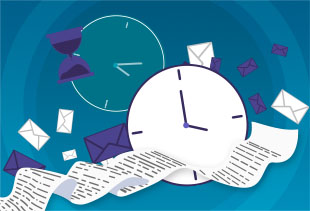

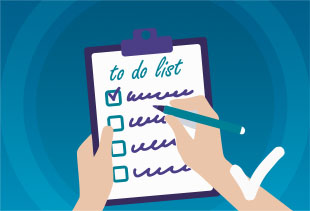
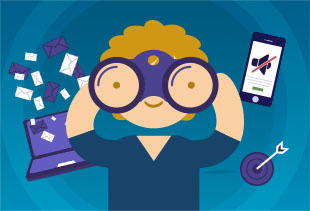

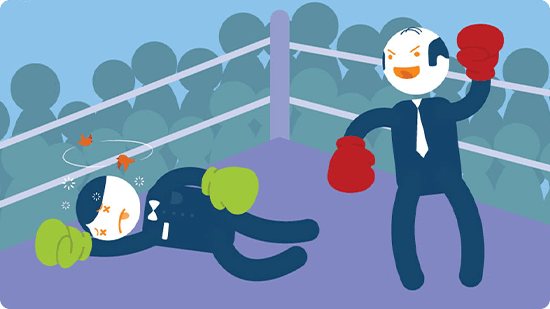
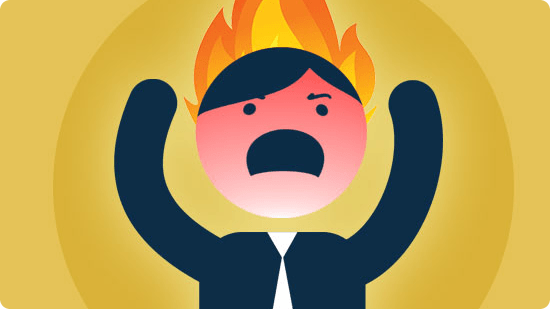
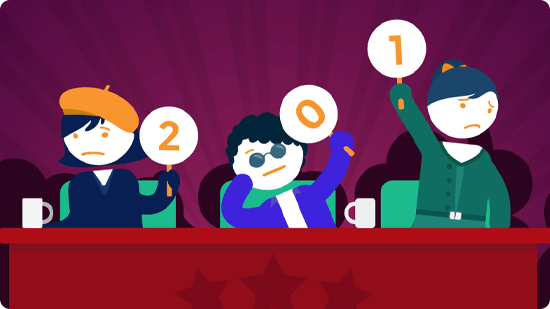
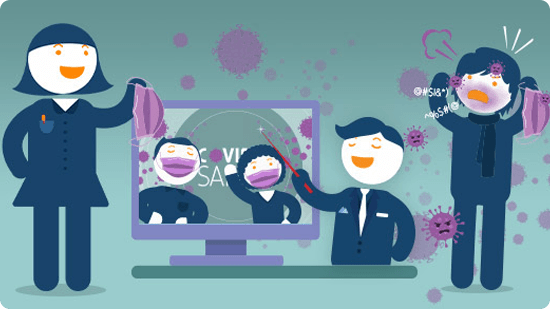
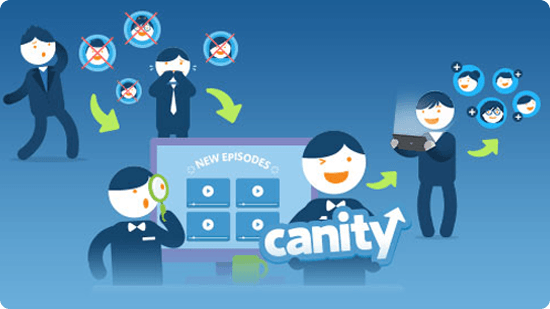
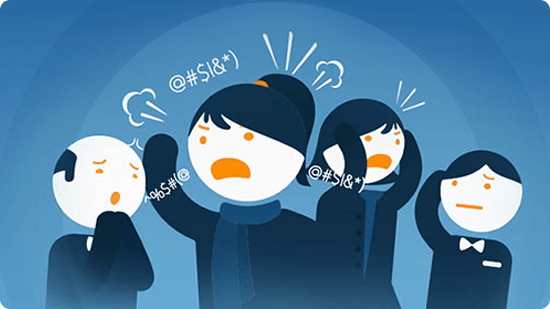

Published by Canity